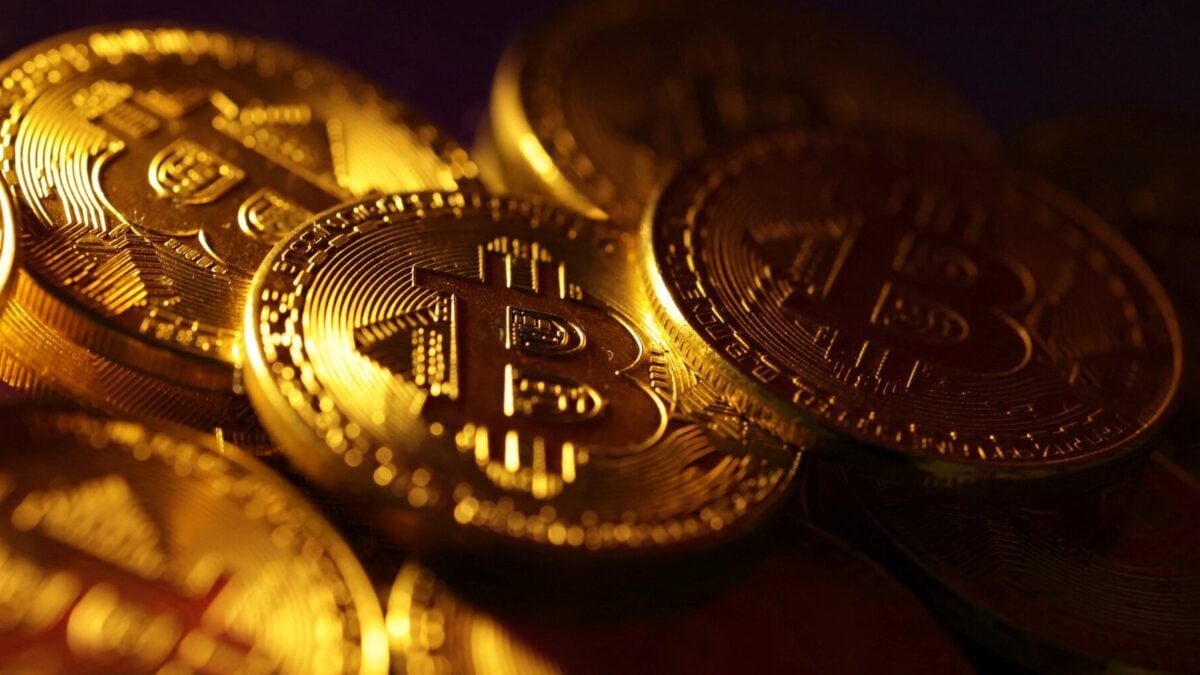
In January, Christine Lagarde, President of the European Central Bank (ECB) said“Bitcoin will not enter the reserves of any central bank [ECB] general Council.”
However, less than a year later, the Czech National Bank (CNB) announced Purchasing $1 million worth of Bitcoin and other digital assets as part of a pilot program.
Christine Lagarde insisted that no European Central Bank would ever do this #Bitcoin,
The Czech National Bank just purchased $1 million worth of its reserves. pic.twitter.com/cUWSot5XPB
– TFTC (@TFTC21) 13 November 2025
Although this Bitcoin is not held in the CNB’s official international reserves, it is now one step closer to making it a reality. CNB Governor Alesh Michel had earlier told financial Times About their desire to put 5% of the central bank’s reserves into Bitcoin.
For now, CNB has created a “test portfolio” of digital assets that includes both Bitcoin and a variety of US dollar-derived tokens. The bank will report on its experiences with these digital assets over the next few years. According to Mitchell, evaluating the potential use of Bitcoin within central bank reserves is actually one of the objectives of this new project.
This latest move from the CNB is not the first time Bitcoin has caused embarrassment for Lagarde this year, just last month, the ECB President was also confronted about previous statements regarding the cryptocurrency’s lack of any kind of intrinsic value. Bitcoin ultimately surged from nearly $35,000 to $125,000 following those comments, and the crypto asset now sits around the $100,000 mark.
Jordi asked Lagarde this week for her opinion on Bitcoin. Legendary!
The longer this goes on and the longer Bitcoiners confront the central bankers, the more people will wake up. pic.twitter.com/9oTWQHKHk0
– Dr. Jan Wustenfeld (@JanWues) 6 October 2025
“It has no intrinsic value,” Lagarde reiterated during a recent interview. “It may be that it prospers. It is also possible that it may last forever. But it may also be possible that it may decline.”
Lagarde also said that Bitcoin may not serve as some kind of “digital gold,” but she sees promise in stablecoins or central bank-issued digital currencies. Remarkably, An ECB blog post The death of Bitcoin was also predicted in 2022 after the FTX disaster.
“However, more likely, [the recent stabilization around $20,000] This is an artificially induced last gasp before the road to irrelevance – and it could have been predicted long before FTX shut down and sent the price of Bitcoin well below USD16,000,” the blog post erroneously predicted.
While much of Bitcoin’s early history focused on censorship-resistant payments, its development path so far has clearly been more focused on the digital gold use case. And in fact, as Cash App has indicated, stablecoins look to have more potential for payments in the short term. recent integration With the dollar-backed token, despite Block CEO Jack Dorsey being a notorious Bitcoin maximalist. He said, block it too sees Stablecoins are more similar to traditional fintech than Bitcoin, so they are not necessarily related in any way.
Of course, when you consider assets like Strategy&’s STRC and Tether’s USDT, it’s clear that new digital currencies or other types of stable assets that are at least partially backed by Bitcoin could be the next way to bring the benefits of this technology to more users, without even knowing that Bitcoin is involved behind the scenes.
It’s becoming clear to me that expecting people to directly adopt Bitcoin is like expecting people to run their own email server instead of using Gmail.
Bitcoin service providers are the way forward, at least for the near future. This is not the end…
– Kyle Torpey (@kyletorpey) 11 October 2025
While some countries have looked to Bitcoin as an alternative to the fiat currency-dominated global financial system, the truth of the matter is that issuers of currencies like the dollar and euro still hold tremendous influence over the monetary activities of smaller countries. For example, El Salvador was agreed Weakening its pro-Bitcoin stance in exchange for a loan from the International Monetary Fund.
Opinions differ regarding how the United States should deal with the emergence of Bitcoin as a digital reserve asset that could potentially compete with the US dollar in that regard. In 2021, former US Secretary of State and presidential candidate Hillary Clinton shared your thoughts Bitcoin could be an emerging threat to the dominance of the US dollar. US Congressman Brad Sherman has shared a similar sentiment while speaking out against Bitcoin in the House.
video of @BradShermanThe call to ban Bitcoin is the best ad for a digital asset I’ve seen in quite some time (HT Oscar_Koch on Reddit) https://t.co/KeGCO0uXSh pic.twitter.com/VDF6XxBFre
– Kyle Torpey (@kyletorpey) 9 May 2019
On the other hand, US President Donald Trump and others have hinted that combining Bitcoin with stablecoins could help strengthen the US dollar in the information age. Although Trump is currently visible Busy profiting from Shitcoin sidequests,
